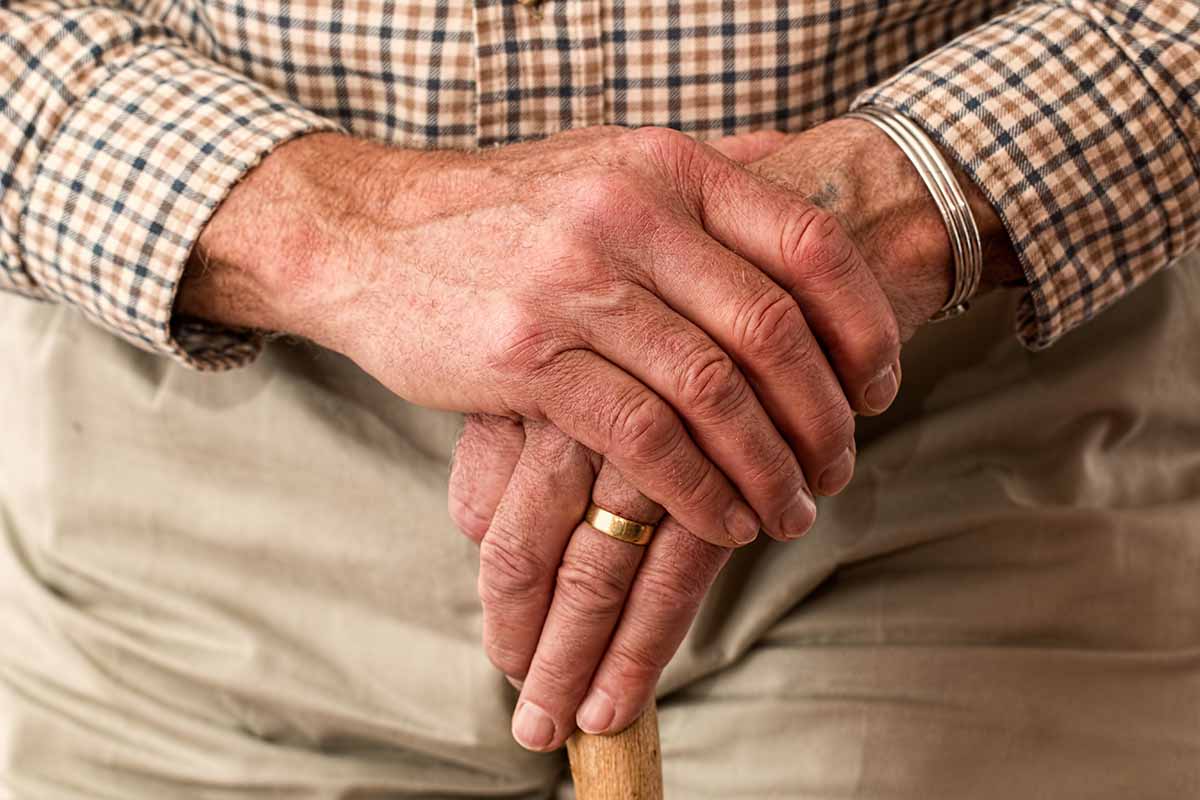Common Health Issues To Take Care Of In Your 30s
Oh, the 30s! Those in-between years where you swing between feeling young and old at different times. Reaching the 30-year milestone is a blessing. But it’s also an indicator that you’re not getting any younger.
While, in general, most age-related health issues pop up after your 40s, what you do in your 30s matter, as these are years that lead up to your 40s and after. So, do you want to avoid most age-related health issues as you get older? Then you should start taking care of the following health issues while in your 30s.
Skin related issues
If you think your nightmare with eczema is a memory of your teenage years, think again. Adults can get any type of eczema. But that’s not all. From mild wrinkles and fine lines at the edges of your eyes to chronic dry skin issues and dull-looking skin, various skin-related problems easily emerge after your 30s.
Therefore, you must do your best to adopt healthy skincare practices like exfoliating, moisturizing daily, getting enough sleep, using anti-aging cream, etc. You can also take advantage of various beauty treatments offered by companies like New Beauty for different skin types.
Bone and joint health
Once you go past the 30-year line, your body begins to lose more bone mass than before. That means you’ll start experiencing more joint aches, pain in various parts of your body, and several other bone-related ailments. Unfortunately, many people in their 30s still ignore bone and joint health until their 40s, when it’s pretty much too late to do anything.
Start taking good care of your bone and joint health to avoid losing bone mass when you are older. While you may not be able to prevent the loss of bone mass, you can reduce its effects by eating foods rich in calcium, magnesium, and vitamin D. You can also do various weight-bearing exercises or even take up yoga.
Weight gain
Your metabolism usually starts to slow down in your 30s. This makes it easier to put on more weight. Before you know it, overweight issues have suddenly crept up on you.
You’ll also become at higher risk of heart-related diseases, arthritis, cancer, diabetes, and other illnesses. The best way to avoid excess weight gain is to combine regular exercise or an active lifestyle with healthy eating.
Stress and mental health
When you were young, you couldn’t wait to get older and enjoy the ‘freedoms’ it came with. Now you’re in your 30s and stressed out with the burden of independent living, bills, job responsibilities, and relationships.
But living under constant stress in your 30s can adversely affect your health as you age. For example, studies have linked excessive stress to a reduced reproductive ability, which includes accelerating menopause in women.
There’s also enough evidence to show that prolonged stress may play a role in developing and prolonging dementia in old age— not to mention other health issues like Alzheimer’s disease and hair loss or balding.




















